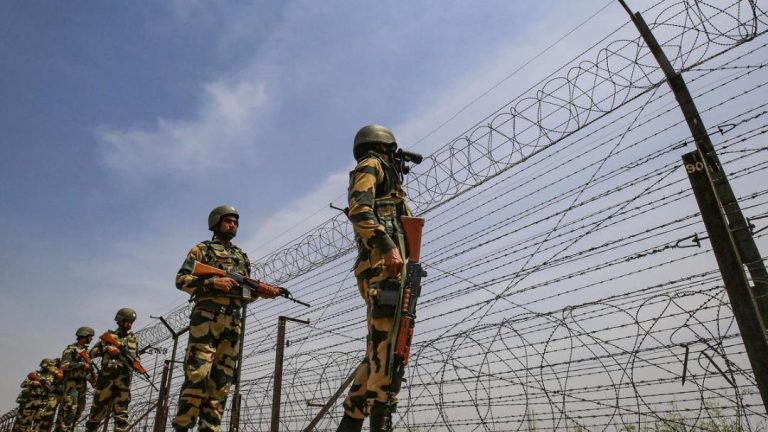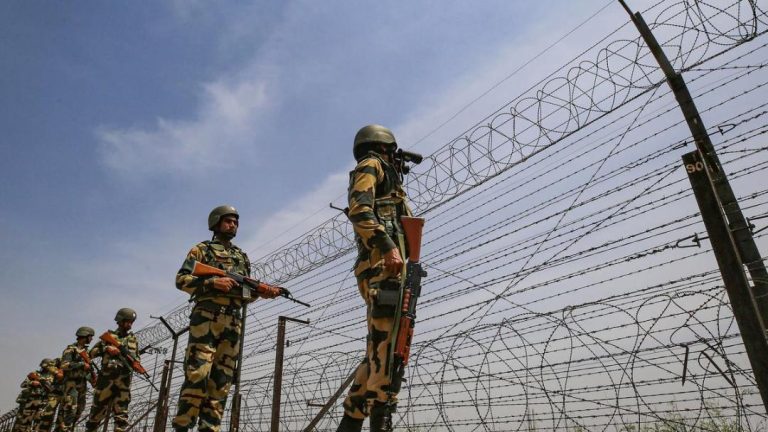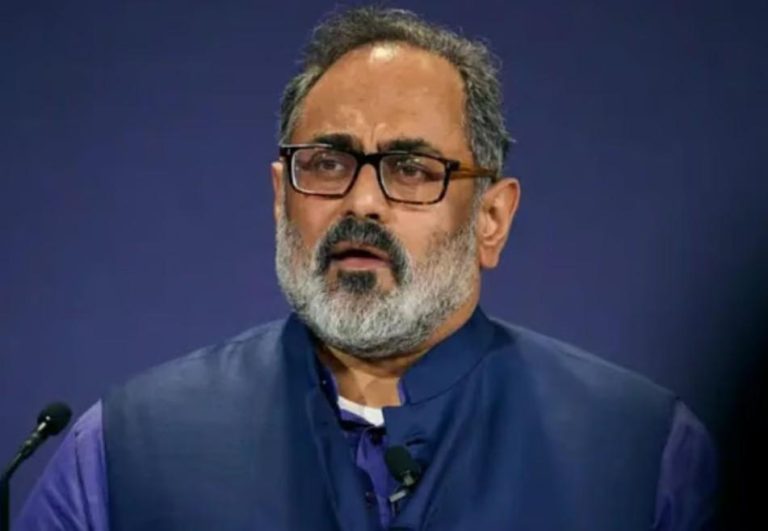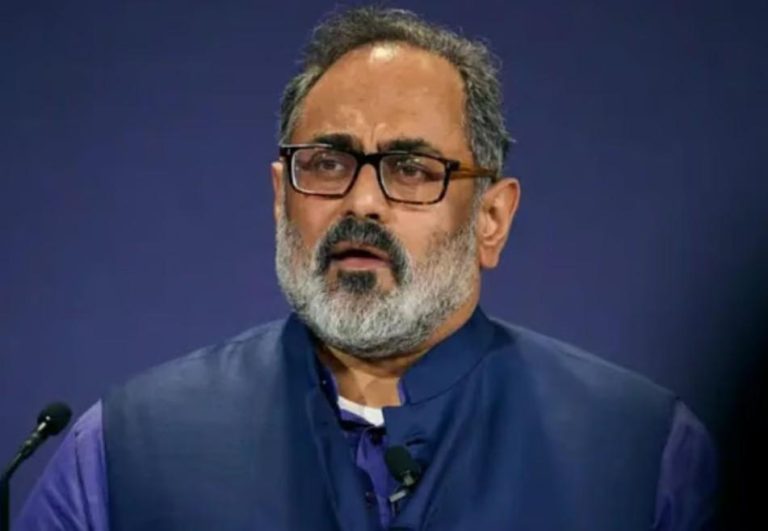
Indian National Jailed for 4 Years in Sri Lanka for Match-Fixing
The world of cricket has been plagued by the scourge of match-fixing for years, with numerous instances of corruption and manipulation harming the integrity of the game. The latest example of this is the sentencing of an Indian national, Yogi Patel, to four years in prison for match-fixing in Sri Lanka’s 2024 Legends League T20 tournament.
Patel, a 35-year-old Indian national, was found guilty of proposing to fix matches and was sentenced to hard labor by the Colombo High Court. In addition to the prison term, Patel was also fined Sri Lankan Rupees 85 million (approximately USD 450,000).
The charges against Patel stemmed from a proposal he made to fix matches during the 2024 Legends League T20 tournament, which was held in Sri Lanka from October 2024 to November 2024. The tournament featured a number of retired international cricketers, including Sri Lankan legends like Tillakaratne Dilshan and Upul Tharanga.
According to reports, Patel made the proposal to fix matches to a Sri Lankan businessman, who then reported the matter to the tournament organizers and the Sri Lankan cricket authorities. An investigation was launched, and Patel was subsequently arrested and charged with match-fixing.
During the trial, Patel denied the allegations, claiming that he was innocent and had been set up by his opponents. However, the court found him guilty and sentenced him to four years in prison.
In addition to the prison term, Patel was also ordered to pay a fine of SLR 85 million and to pay SLR 2 million (approximately USD 10,000) to Upul Tharanga, the chairman of Sri Lanka selectors, for defamation. Tharanga had been one of the cricketers who had been approached by Patel to fix matches, and had reported the matter to the authorities.
The sentencing of Patel is a significant development in the ongoing battle against match-fixing in international cricket. The incident highlights the need for vigilance and strict enforcement of anti-corruption laws to protect the integrity of the game.
The Sri Lankan cricket authorities have welcomed the sentencing, saying that it sends a strong message to anyone who attempts to compromise the integrity of the game. “This is a significant victory for Sri Lankan cricket, and we are pleased that the court has taken a tough stance against match-fixing,” said a spokesperson for the Sri Lanka Cricket Board.
The incident also highlights the need for closer cooperation between cricket boards and governments to prevent and detect match-fixing. “Match-fixing is a global problem that requires a global response,” said a cricket expert. “Cricket boards and governments need to work together to share intelligence and best practices to prevent and detect match-fixing.”
The sentencing of Patel is a reminder that match-fixing is a serious offense that can have severe consequences. Cricket fans around the world are breathing a sigh of relief that the integrity of the game has been protected, and that those who attempt to compromise it will be held accountable.






